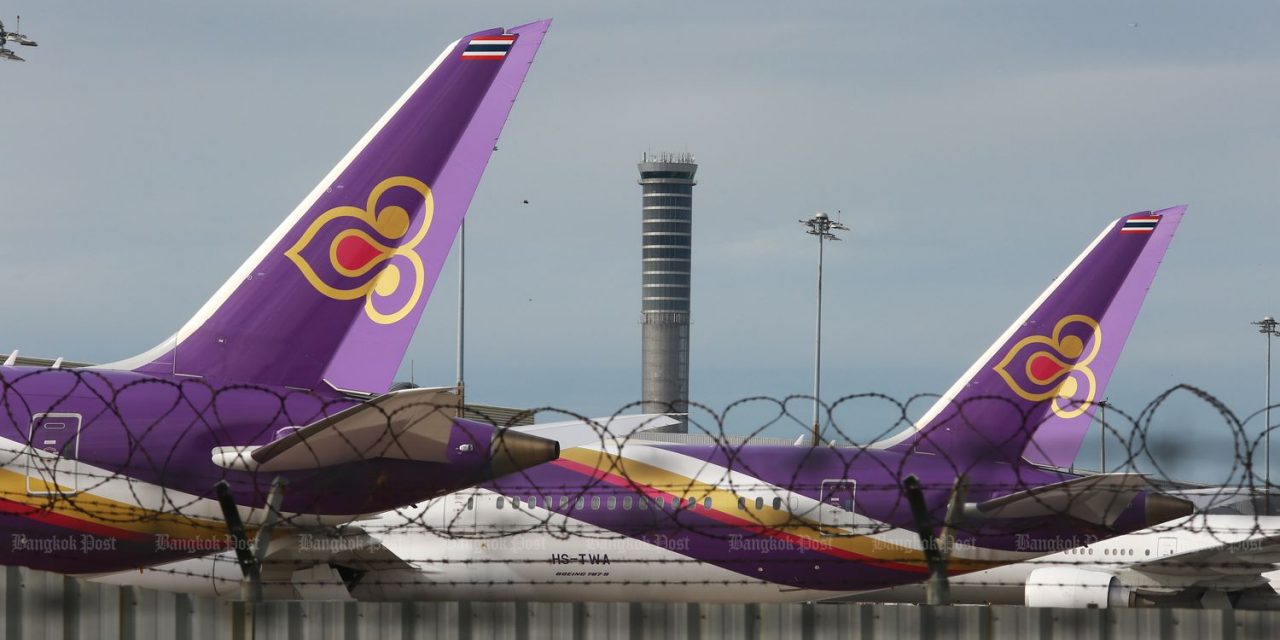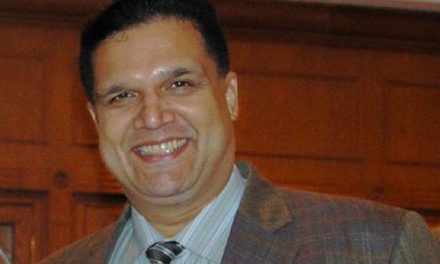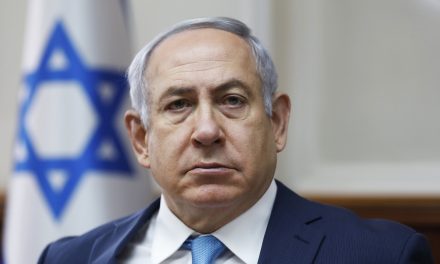Thai Airways
2 September 2020.
The Central Bankruptcy Court is examining the bankruptcy protection and business rehabilitation filed by troubled national carrier Thai Airways. The Central Bankruptcy Court recently held 3 days of hearings on the company’s rehabilitation plan and is scheduled to rule on the application on September 14. The court investigations showed mismanagement and graft as the main reason for the failure of the airline.
The Central Bankruptcy Court is examining the bankruptcy protection and business rehabilitation filed by troubled national carrier Thai Airways. The Central Bankruptcy Court recently held 3 days of hearings on the company’s rehabilitation plan and is scheduled to rule on the application on September 14. The court investigations showed mismanagement and graft as the main reason for the failure of the airline.
Deputy Transport Minister Thaworn Senneam announced the results of the investigation by a former commissioner of the Metropolitan Police Bureau to parliament on Wednesday.
The financial woes of the airline started way before the COVID-19 pandemic grounded flights and plunged airlines around the world into heavy debt.
A Transport Ministry also had set up a panel to investigate the status of the state run airline. The panel filed 18 documents of evidence against Thai Airways International (THAI) with the Finance Ministry. The panel found several deficiencies in the workings of the airline. The panel found the airline had sold discounted tickets to agents, resulting in losses of billions per year. The incentives paid for the ticket-sellers were based on the volume of tickets sold rather than their value or the resulting sales deficit.
In an extreme case an employee claimed 419 days of overtime on one year. An acting president was paid special cash compensation of $6,400 a month. The amount tripled over 9 months in violation of a cabinet resolution and a Finance Ministry prohibition against acting executives at state enterprises accepting more compensation than what they normally get. Salaries across the board seem to have been inflated. Senior executives received around $32 million more than they should have earned.
According to the deputy minister of transport, the ministry will have to wind down its own investigation because the airline is no longer a state enterprise and therefore doesn’t come under the supervision of the Transport Ministry.
In January 2017 a 4 year investigation by the UK’s Serious Fraud Office came to light. It determined that aircraft engine-maker Rolls Royce paid bribes to airline employees amounting to US$36.4 million.
Thaworn said that the airline incurred losses of around $2 billion starting from 2008 after the purchase of several fuel-guzzling Airbus A340 type passenger jets for long-haul direct flights to the USA. Every single Bangkok-New York flight, from 2005 to 2013 recorded loss. The flight should have been pulled out as soon as it was found to be unprofitable. But the direct US flights went ahead despite objections from the Office of the National Economic and Social Development Council.
Bangkok Post reported.














